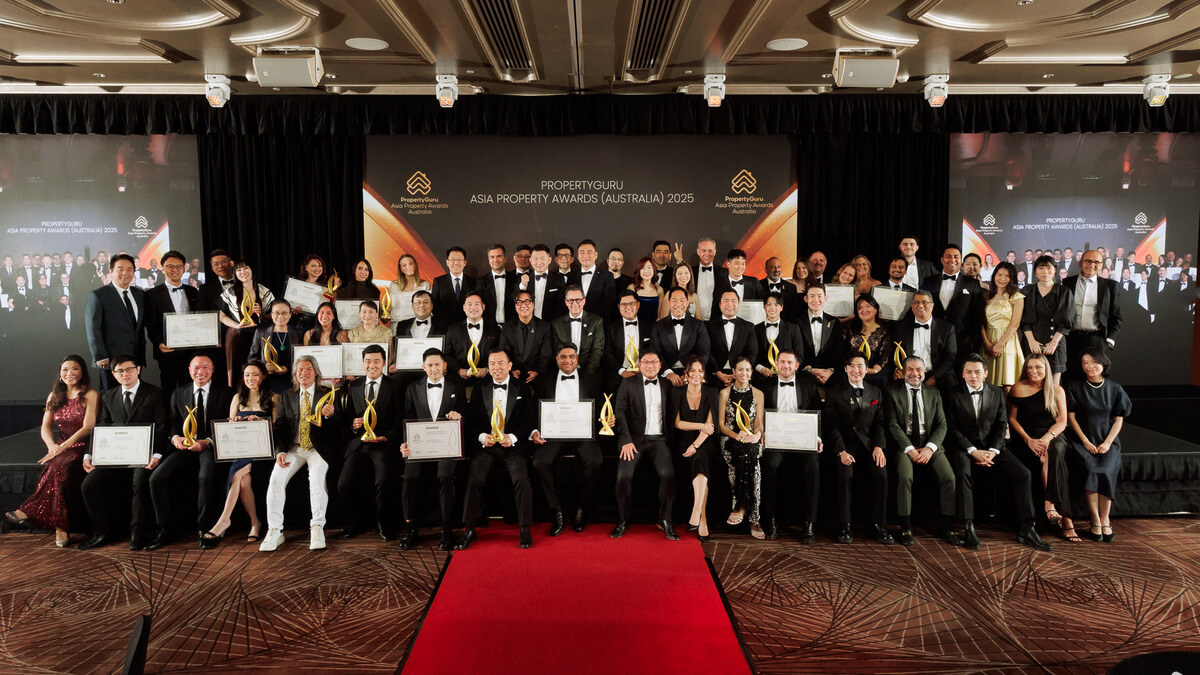
- The open letter was sent to state, territory and federal ministers by 75 organisations
- A national poll shows two in three renters have difficult in maintaining a comfortable temperature
- A GP said she has patients living in what she described as "tin shacks"
In an open letter to state, territory and federal ministers, a cohort of 75 organisations is urging governments to accelerate policy changes to safeguard the health of renters.
The letter was signed by community, faith, environment, housing, industry and social sector organisations such as CHOICE, Healthy Futures, People with Disability Australia, Stiebel Eltron and the United Workers Union.
Around one in three Australian households are renting and more often than not these dwellings are less energy efficient. Subsequently, it is harder and more expensive to keep warm in winter and cool in summer.
A national poll conducted by Essential Research in June found that two in three renters have had difficulty keeping a comfortable temperature in their homes. Along with the discomfort, cold indoor temperatures can increase the likelihood of cardiovascular and respiratory diseases.
I have patients who live in “tin shacks”

Dr Kim Loo, a GP in Riverstone, NSW who is also a member of Doctors for the Environment, said she often sees patients who live in “tin shacks” which offer little protection from weather elements.
Given the tight and expensive rental market, many renters have little choice to move anywhere else.
“Housing and adequate shelter are social determinants of health – I can’t expect to help my patients and keep them well if they are in insecure or unhealthy housing,” said Dr Loo.
“Any illness they have is going to potentially be made worse if they don’t have somewhere healthy and secure to live.”
Dr Kim Loo, Riverstone GP
“During the 2019/2020 bushfires and the floods, my patients couldn’t keep the smoke out or deal with the cold and damp, and that has long-term impacts on health.”
Leo Patterson Ross from the National Association of Tenancy Organisations (NATO) said bringing minimum standards could provide economic stimulus through job creation and early sign-up incentives for energy-efficient retrofits.
“We want governments across the board to consider introducing these changes as part of their post-COVID economic stimulus plans – it could be a big piece in the puzzle of getting local economies back on track, local businesses back on their feet, and getting a jump on work they will need to do anyway to meet net-zero carbon targets by 2050,” Mr Patterson-Ross said.
“And it heads off big spending on health in the future – renters in healthy homes aren’t hospitalised at the same rate as renters living in unhealthy, cold or extremely hot homes, they don’t miss as many days off work.”
Leo Patterson Ross, NATO
Mr Patterson-Ross has spoken to older tenants who go to bed as early as three or four in the afternoon due to cold, which their heating can’t adequately warm it up.
“That’s the real experience and consequence of our failure to ensure all homes meet a minimum standard, and this open letter points to an increasing body of evidence showing that Australian rental and building laws are not keeping people renting in Australia safe.”







